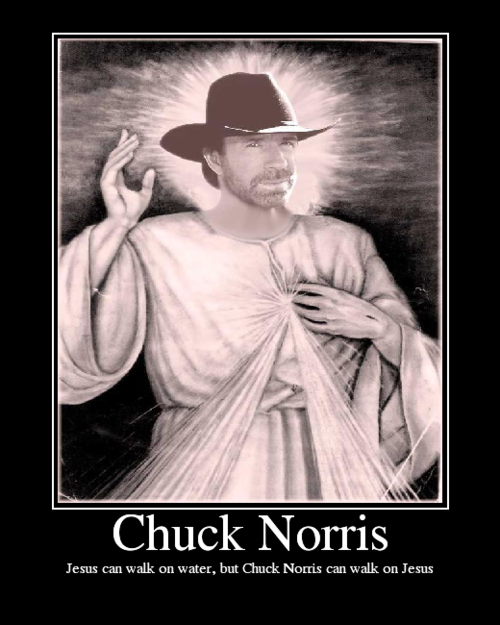I am entering the final year of my undergrad majoring in both Religion and Psychology. I have a 3.94 GPA right now, but I don't have any experience. I am scheduled to take the GRE at the end of the summer. I would like to go to one of the APA certified Christian PsyD programs next fall, but I'm just trying to figure out how many I should apply to and what my chances are to get accepted. I am married and have enough saved up now to pay for the first semester up front. Based on their program, location, and cost of living (taking student housing into account) I have listed the schools in order from my favorite to least favorite. What do you guys think? Any feedback is helpful.
1. George Fox
2. Fuller
3. Regent
4. Wheaton
5. Rosemead
6. Azusa Pacific
1. George Fox
2. Fuller
3. Regent
4. Wheaton
5. Rosemead
6. Azusa Pacific




